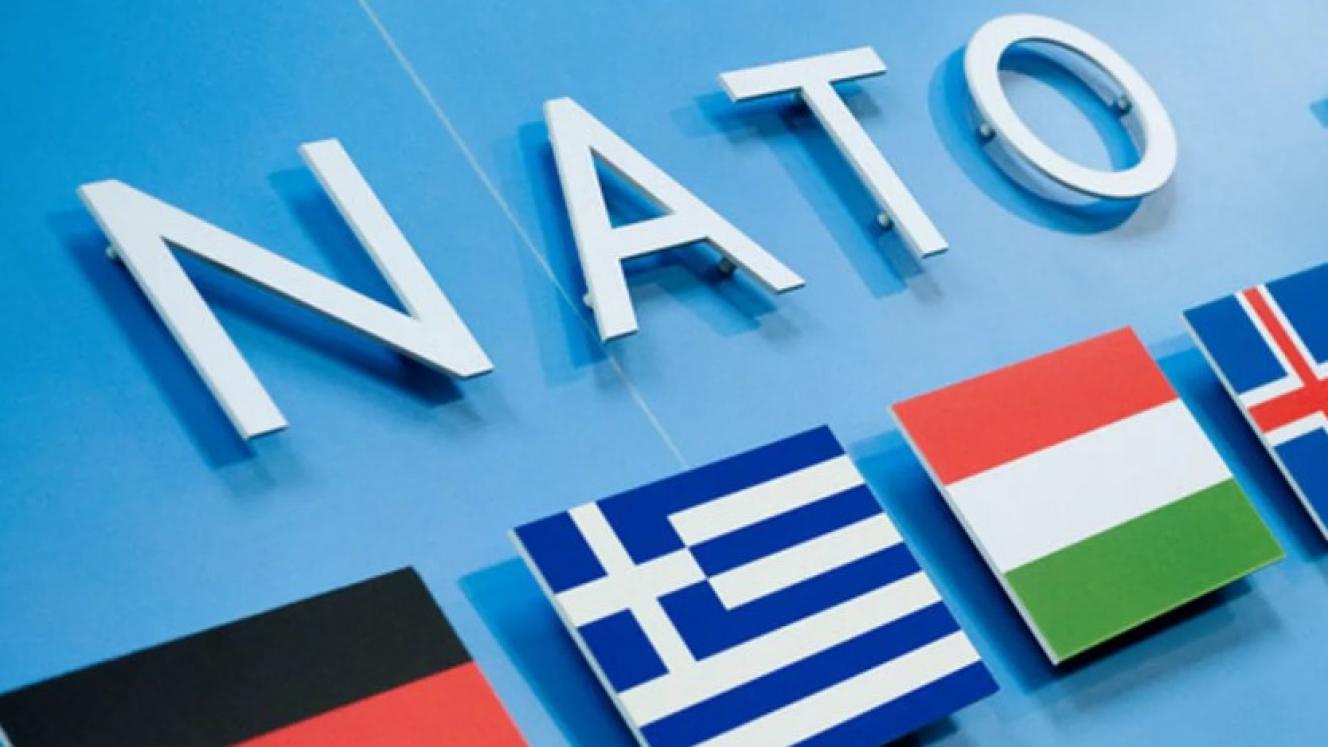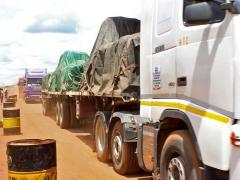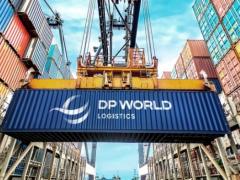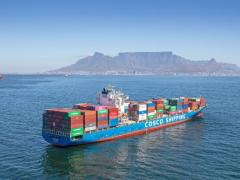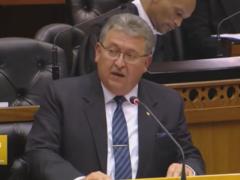More than R300 million lost to bribery and related extortionist practices on South African roads has been repaid to transporters through intervention by the Road Freight Association (RFA) over the last couple of years, RFA CEO Gavin Kelly has said.
Speaking at the association’s annual convention over the weekend, Kelly told delegates that RFA ‘policing’ on behalf of its members had resulted in “a tremendous amount of traction in that area”.
The word-of-mouth marketing value that its fight against corruption has yielded for the RFA, helping to drive more road hauliers into the association’s fold, can’t be underestimated.
Yet it had made it one of its priorities to actively grow membership, Kelly said.
In order to assist the RFA in this regard, 13 interest groups are tasked with looking after the needs of members.
It hadn’t been easy though, Kelly said, reflecting on the convention happening after a week of violent protest action in and around Harrismith on the N3 that, among other destructive incidents, led to a driver burning to death in his truck on the N5 not far from the southern Free State town.
These and other arson attacks on hauliers, which South Africa had witnessed over the last few years, weighed heavily on the industry, Kelly emphasised.
“We’ve got huge challenges where we get drawn into other people’s arguments and disagreements.”
Add last year’s coronavirus outbreak into the mix and it’s clear to see that road freight companies operating in South Africa need all the help they can get.
Looking back over the last year and a half, Kelly said the association’s membership expansion efforts had heralded “incredible growth, even over the Covid period”.
In real terms this growth has boosted the RFA’s ranks by 9.5%, from 385 to 412.
Notably it was especially small, medium and micro enterprises (SMMEs) that were signing up, Kelly said.
“Eighty eight percent of our owners, of our drivers, and of our operator members are from the SMME sector.
“It shows you that there is good news for the future.
“It also shows that we are growing in the right areas,” he added, “helping SMMEs struggling with finance on the one hand, experience on the other hand and having assets to move their vehicles.
“We are known as the place to go for SMMEs to get that advice, to start their businesses, and to grow their businesses.”
Kelly furthermore ascribed the RFA’s growing popularity as a go-to association to improved perception based on independence.
He said the RFA’s employees do not own trucking companies and are not involved in transport and logistics, thereby avoiding the risk of association representatives promoting their own private sector interests.
As a result, in his view, this adds tremendous value to the RFA’s involvement in diversified consultative work such as business costing, information accessibility, technology, and labour negotiation lobbying at the National Bargaining Council for the Road Freight and Logistics Industry.

